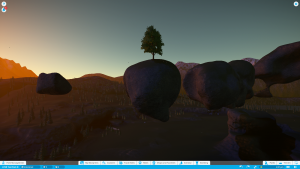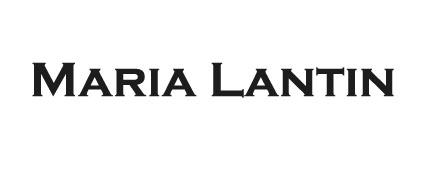November 23, 2016
In
ObjectACTs, Research
By
mlantin
On day two we spent some time discussing how we might create a performance that would include the perspective of multiple actors, including those non-human and non-personified.

Situation Rooms by Rimini Protokoll
The example of The Situation Rooms from Rimini Protokoll came up. In this theatre work, participants (~20) wearing headphones and carrying ipads are directed to perform specific actions on a set made of several different rooms. The participants are separated and their actions are synchronized to sometimes interact with one another. The topic of the story is arms dealing. A detailed description of the rooms can be found in the Ruhr Triennale catalogue.
Kim showed us some of the environments she created using Roller Coaster Tycoon editor.

Image made with RCT
She explained the modelling of the terrain as “scooping up dirt” which had a really nice resonance with the object clumps we had been discussing. I love the floating islands and wondered if we could somehow fit the concept of roller coaster in the project to get around the fact that we can’t export from the RCT editor.
We also tested the Structure Sensor to see if we could get workable scans of some of heart trinkets that Catherine brought to Vancouver. It turns out the objects were hard to scan because of their small size and material properties (too reflective and transparent). Still one of the scans ended up intriguing enough that we may use it as a prototype or stand-in.
Here is the first working scan we got of a small rock heart. If you are viewing this on an iPhone and you want to use Google cardboard, use this link.



